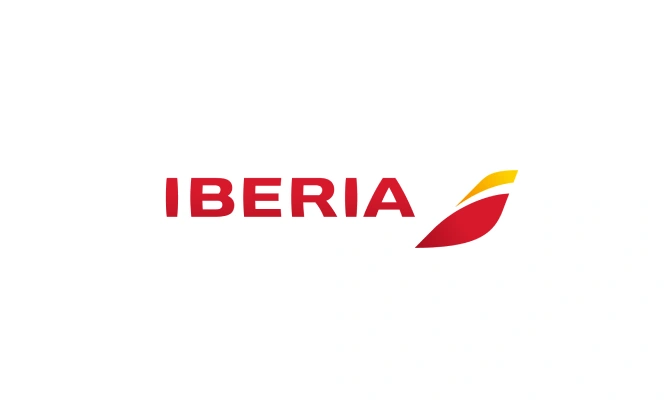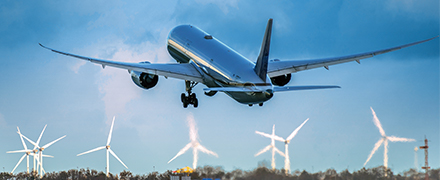
What is SAF and why is it important?
SAF is a second-generation biofuel produced from organic waste and can decrease lifecycle CO₂ emissions by more than 80% compared to traditional fossil fuels.*
Thanks to SAF, we will help transform the future of aviation and drive the decarbonization of air transport.
More about our SAF in this video
Benefits of SAF for aviation
An immediate solution to accelerate the energy transition.

Emissions reductions
SAF can decrease lifecycle CO₂ emissions by more than 80% compared to traditional fossil fuels.

Boosting the circular economy
SAF is produced from organic waste, such as used cooking oil or agricultural waste, giving these resources a second life.
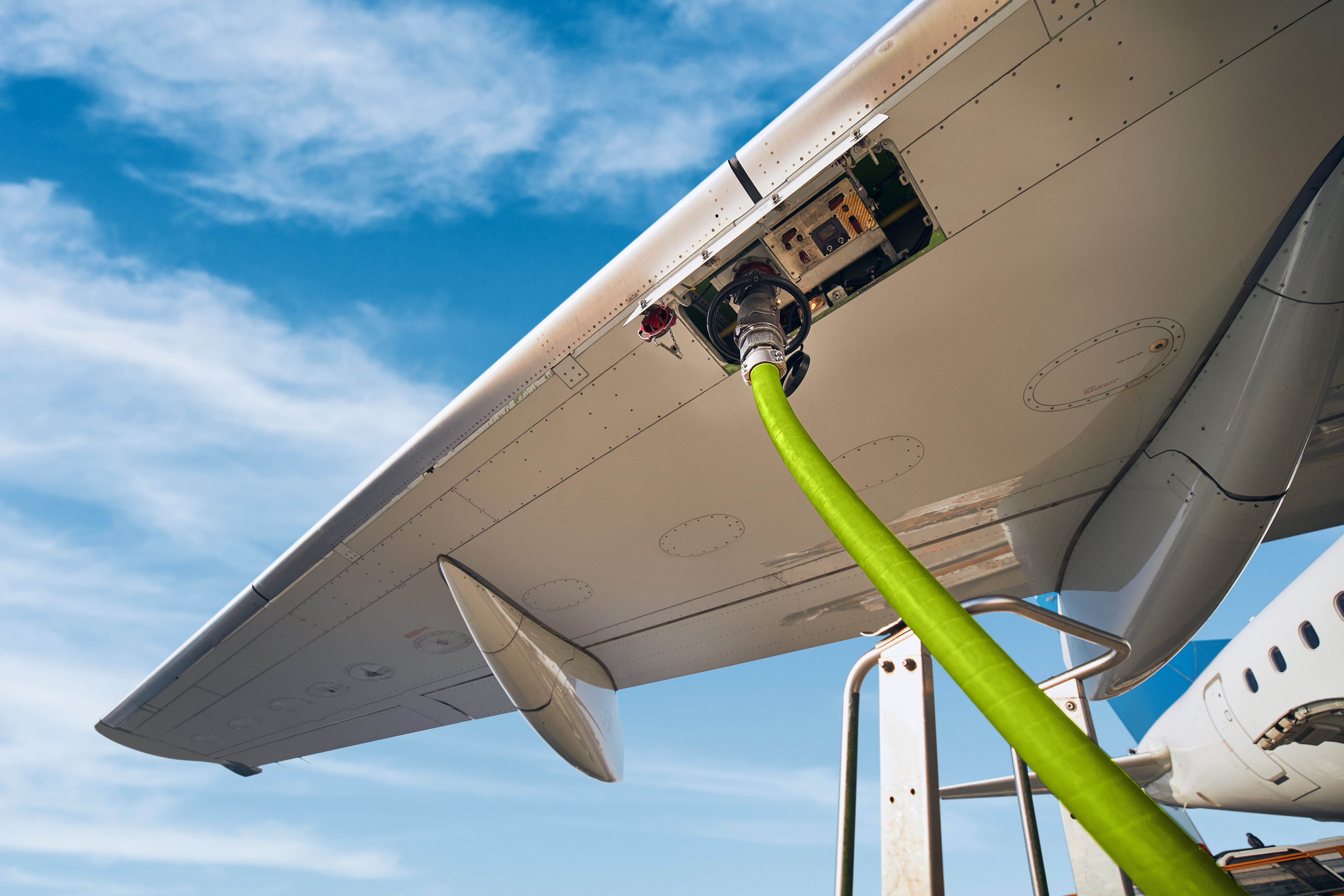
SAF accelerates the energy transition.
SAF be used in current engines without the need for any modifications to the engines.
We are transforming aviation alongside our partners
We are building the future of transportation of people and goods

I am a passenger
A new, more environmentally-friendly way of flying.
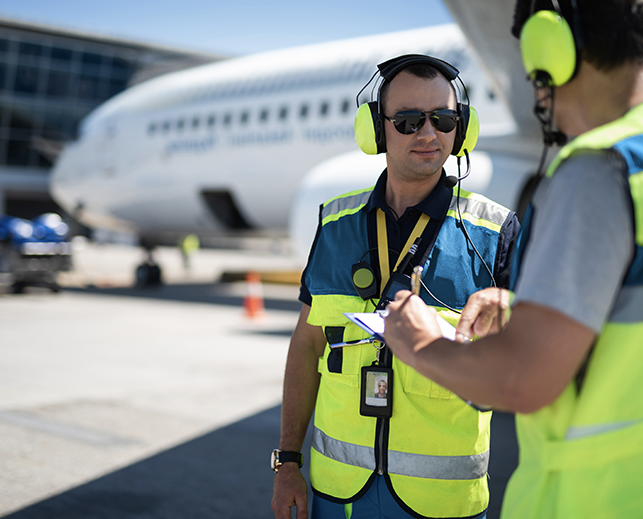
I am an airline
We are moving forward in the energy transition with the supply of SAF.

I am a company
We can help you reduce emissions in your company with our sustainable aviation fuel.
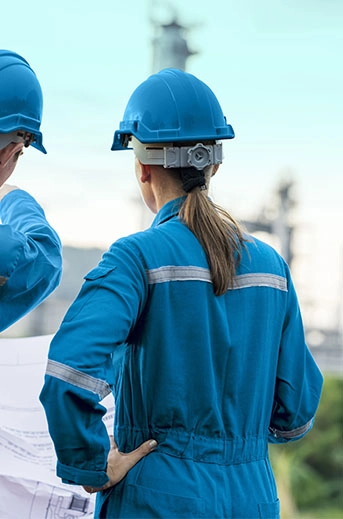
Our 2G biofuel complex
A transformation that is already underway
We are building the largest 2G biofuel complex in southern Europe to guarantee the decarbonisation of all of our customers.
Get answers to your questions
-
-
Sustainable aviation fuel (SAF) is a second-generation biofuel produced from waste such as used cooking oil or agricultural and livestock waste. SAF reduces lifecycle CO₂ emissions by more than 80% compared to the traditional fossil fuels.
-
Produced from waste that has been previously treated to remove impurities. These materials are refined through a process called hydrodeoxygenation, which removes oxygen, sulfur, and nitrogen from these renewable raw materials.
-
SAF reduces lifecycle CO₂ emissions by more than 80% compared to fossil fuel. It also boosts the circular economy by using organic waste.
-
It can be used in current aircraft engines and airport infrastructures. So it does not require additional investments.
-
Technical sheet
Access to find all the technical information about SAF.

*Check more information here --> Sustainable Aviation Fuels | EASA

